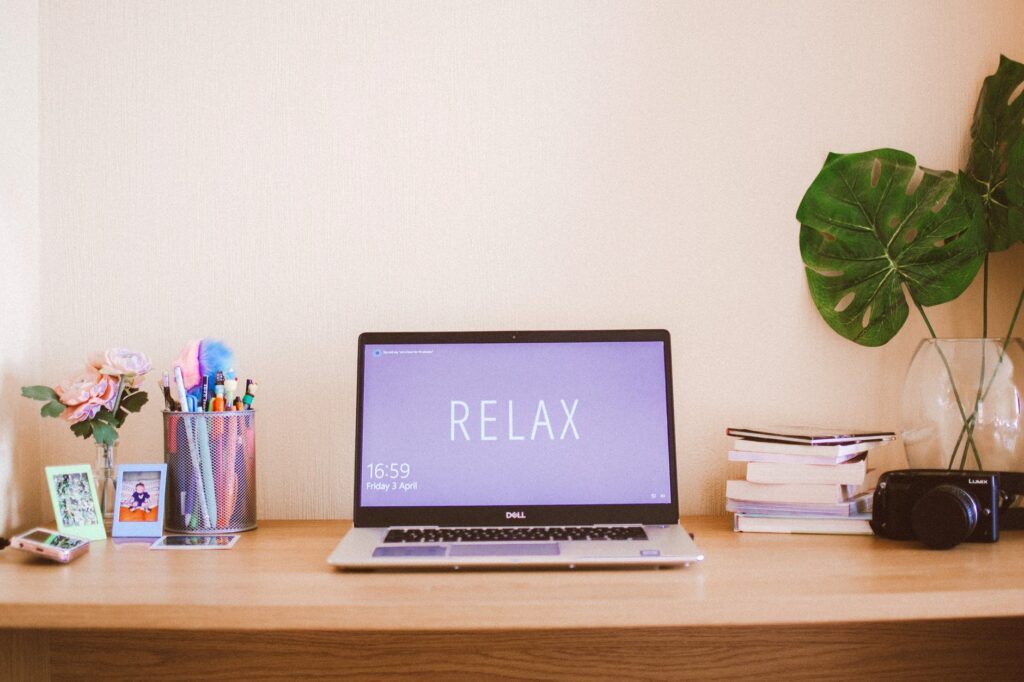Congratulations! You’ve got invited to your first interview! After a few weeks of applying, you finally got an opportunity to prove yourself to be a valuable asset.
However, in order to land the job, you have to leave a good first impression. You can be highly qualified and possess the right skills, but that’s not a guarantee that you’ll get hired. There’s always the possibility that you’ll get confused due to stress and anxiety.
Don’t let the stress get to you. Remember, the key to doing great at your interview is to prepare ahead of time, remain calm, and have a positive outlook.
Here are 6 tips to help make that first interview a success.
Research the company
Before going to the interview, it’s critical that you research your employer. Learning more info about the company will make you more prepared in answering the questions the interviewer asks you.
You’ll understand what you’re getting yourself into and what skills and abilities the company is looking for in a candidate. With little practice, you’ll learn how to present yourself as an ideal fit for the company.
Here are a few crucial things you should learn about your potential employer:
- What are the company values? Learn what the company looks for in candidates applying for your specific position.
- What is happening to your employer at the moment? Learn the latest news and updates by reading press releases or checking their social media accounts.
- Who are the leading people within the company? Find out the names and profiles of the managers, directors, and especially the CEO/president of the company.
- Who are their clients? What are their products/services? Knowing these things can allow you to explain specific examples of where you can deliver the most impact on the business.
- What’s the company culture? Read company reviews on Glassdoor, talk to people who worked there through LinkedIn, or check their social media.
Who will be interviewing you? Get to know the interviewer who will conduct the interview. You’ll get a personal advantage to connect with the person more easily.


Review the most commonly asked interview questions
There’s a list of questions that get asked at almost any interview. You don’t need to memorize the questions, but it’s useful to have an idea of what they’ll ask you and how you’re going to answer.
For example, if the interviewer asks you: “What are your greatest strengths?” and you look dumbfounded, that might leave a negative first impression.
So, what should you do? Pick any list with interview questions that you find on Google and think about which questions you’re most likely be asked to answer.
Here are a few:
- How is your academic experience related to this specific role?
- Why do you want to work here?
- What are you looking for in a company?
- What motivates you?
- What are your greatest strengths?
- What are your greatest weaknesses?
- What are your salary requirements?
- Where do you see yourself in five years?
Practice your body language
Did you know that nonverbal expression has 65% to 93% more impact than the actual words spoken? This means that when attending an interview, “how you speak” is equally important as “what you say.” If you want to make a positive first impression, you want to learn how you can send the right nonverbal cues during your interview.
Here’s what you need to remember:
- Maintain eye contact. To avoid staring at the interviewer, alternate between the left eye, the right eye, and the mouth every three seconds.
- Practice a confident handshake. A good handshake is one with full palm to palm contact. Apply the two-second rule, smile politely, maintain eye contact, and repeat their name.
- Use appropriate facial expressions. According to one study, the most trustworthy facial expression is a slight raise of the eyebrows and a subtle smile.
- Use the right gestures. Limit your hand gestures, and avoid finger-pointing, fidgeting, tapping, or wringing hands. Practice punctuating your words with a natural and purposeful movement until you master it. If you want to learn more, take a look at this list of 20 hand gestures that can help you convey your words with more effect.
- Keep a professional posture. Open up your body and lean slightly forward from the waist. Your feet are firmly on the ground, arms and hands are relaxed but not crossed.
Speak with an appropriate tone of voice. Pay attention to your tone of voice, pacing, pausing, volume, and articulation.


Have a list of questions to ask
Have with you a list of questions to ask the interviewer. During an interview, there comes a point when the interviewer will ask you: “Do you have any questions for me?” If your answer is “No, I don’t,” that will signal to the interviewer that you’re not interested or haven’t prepared well.
By having a list of questions you’re going to ask, you’ll show that you’re detail-oriented and interested in that job.
Here are a few examples:
- What would be my day-to-day responsibilities?
- What are my chances of growth in this company?
- What are you looking for in an ideal employee?
- What type of work benefits does your company offer?
- How would my performance be measured?
- What are the major challenges I’m likely to face in this role?
Dress appropriately
How you dress for the interview plays a role in landing the job. Showing dressed appropriately for an interview can show that you’re professional and respectable.
However, keep in mind that different types of companies have different dress codes. For example, corporations have a more formal dress code than startups. If you show up for an interview at a Silicon Valley startup wearing a formal dress, you might look weird to your interviewers.
If you’re interviewing at a corporate company, the best attire for women is an elegant blouse and dress pants/suit skirt, or a statement dress. For men, the best choice is a sharp-looking suit.
If the interview is of business casual, you can play with different outfits and add a modern touch to your look.
Startups are slightly different than corporations and other business companies. Employees here usually wear comfortable and practical clothes. For your interview, dress in casual clothes that are relaxed but still trendy.


Sell yourself
Interviews are not an opportunity to be super modest. This is your chance to shine and sell your talents and skills.
However, you must keep a delicate balance between sounding too boastful and too modest.
Be confident and deliver yourself in a positive, proactive manner. For added help, you can have a printed version of your resume in front of you.
Final Word
Great job! You did amazing at that job interview! Now it’s time to make a final impression on your interviewers.
The best way of doing so is by sending a thank-you email to the person or people who interviewed you. Use the email to say how interested you are in the position. Be sure to thank them again for their time and tell them you’re looking forward to their feedback.
To sum up, here’s how you can land your first job:
- Learn more info about the company to be more prepared in answering the questions the interviewer asks you.
- Find a list of the most commonly asked interview questions and think about your answers.
- Portray good body language to send the right signals to the interviewer.
- Have a list of questions to ask the interviewer.
- Learn about the company’s dress code and wear appropriate attire.
- Sell your talents and skills by speaking confidently about your accomplishments.









